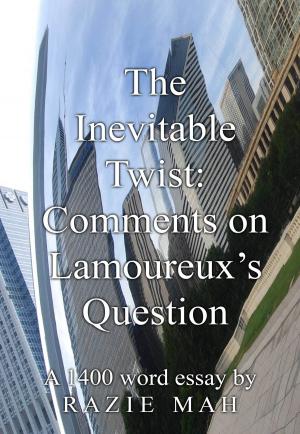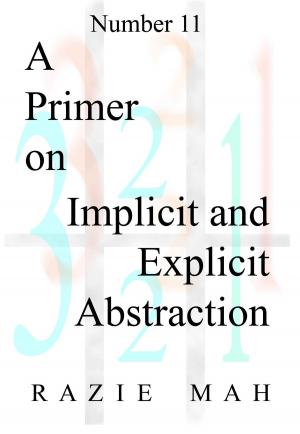Comments on John Deely's Book (1994) New Beginnings
Nonfiction, Religion & Spirituality, Philosophy, Methodology, Reference & Language, Education & Teaching, Home Schooling| Author: | Razie Mah | ISBN: | 9781942824152 |
| Publisher: | Razie Mah | Publication: | July 16, 2016 |
| Imprint: | Smashwords Edition | Language: | English |
| Author: | Razie Mah |
| ISBN: | 9781942824152 |
| Publisher: | Razie Mah |
| Publication: | July 16, 2016 |
| Imprint: | Smashwords Edition |
| Language: | English |
In New Beginnings: Early Modern Philosophy and Postmodern Thought (1994), John Deely argues that the Baroque scholastics elucidated the causality inherent in sign. This causality is not the “cause and effect” of science. As such, semiotics, the study of sign, belongs to postmodern inquiry. Indeed, it defines postmodern inquiry.
In these comments on Deely's text, the category-based nested form is used to model the ideas of the Baroque schoolmen. In particular, Suarez's interscope for ens rationis proves valuable. Signs cross categorical boundaries. Signs exhibit both exemplar and specificative extrinsic formal causality.
These comments, along with Deely's wonderful text constitute a home-schooling course at the high school and college levels. John Deely's book completes this course. The title of the course is “Implicit and Explicit Abstraction”.
In New Beginnings: Early Modern Philosophy and Postmodern Thought (1994), John Deely argues that the Baroque scholastics elucidated the causality inherent in sign. This causality is not the “cause and effect” of science. As such, semiotics, the study of sign, belongs to postmodern inquiry. Indeed, it defines postmodern inquiry.
In these comments on Deely's text, the category-based nested form is used to model the ideas of the Baroque schoolmen. In particular, Suarez's interscope for ens rationis proves valuable. Signs cross categorical boundaries. Signs exhibit both exemplar and specificative extrinsic formal causality.
These comments, along with Deely's wonderful text constitute a home-schooling course at the high school and college levels. John Deely's book completes this course. The title of the course is “Implicit and Explicit Abstraction”.















